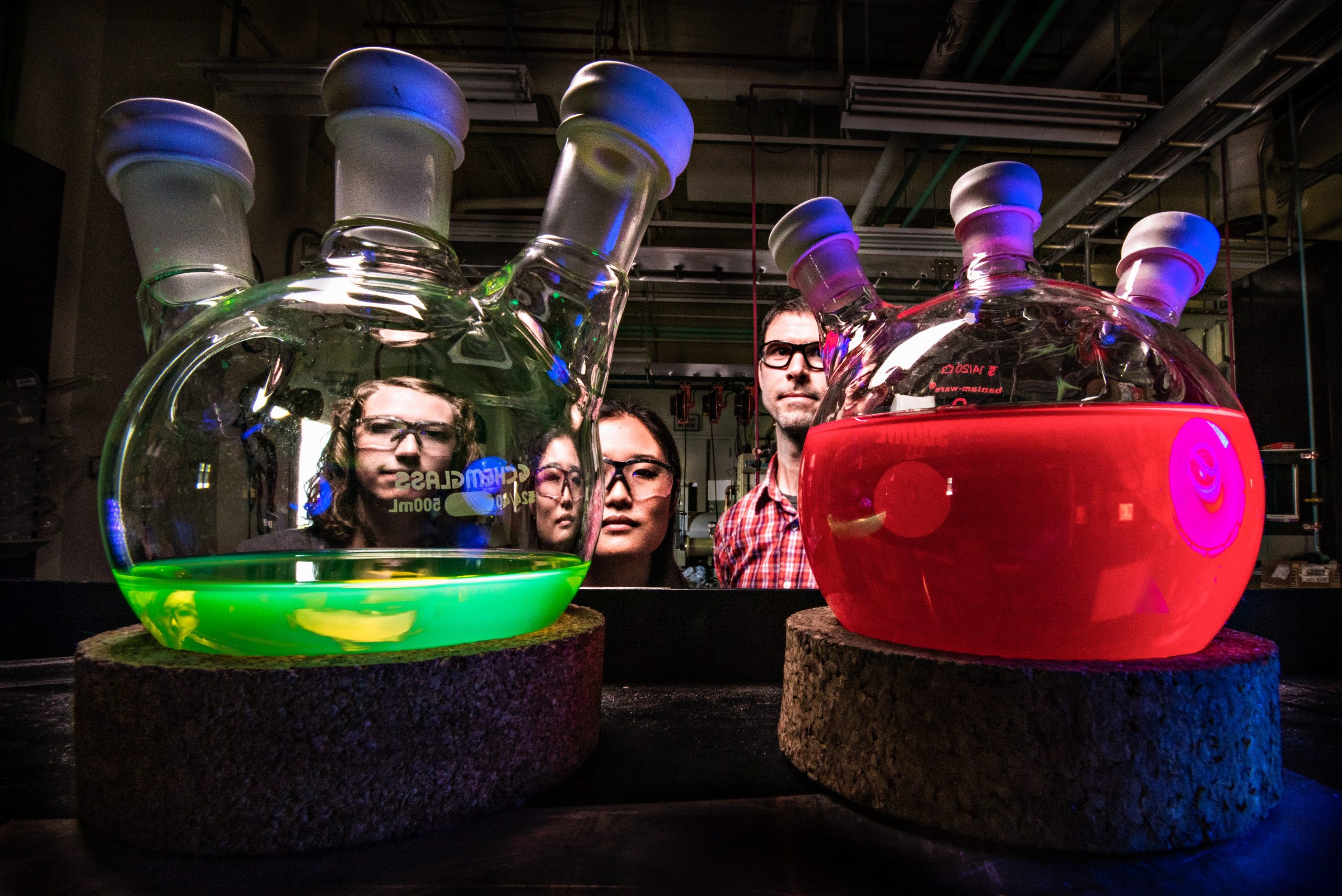
A Proposal to Amplify Youth Voices in STEM
Summary
A robust STEM (science, technology, engineering, and math) ecosystem is imperative to our country’s national security, international leadership, and economic recovery from the COVID-19 pandemic. Insights into youths’ daily lives, ambitions, and concerns for the future are paramount to developing effective and diverse policies that strengthen STEM education, career pathways, and public engagement. Unfortunately, youth voice is too often absent from STEM initiatives and policymaking processes in the United States today.
This memo proposes a joint initiative led by the White House and its Office of Science and Technology Policy, the Department of Education, and other federal agencies to amplify youth voices in STEM. The goals of this initiative are to (1) foster active youth participation in STEM policymaking, (2) position youth to provide critical insights into the future of STEM work, (3) champion youth STEM ambassadors in schools across America, and (4) promote youth engagement in STEM more broadly. Leveraging existing programs such as Jason Learning’s Argonaut, Rutgers 4-H STEM Ambassadors, Youth and Educators Succeeding/GenYES, and the Chief Science Officer (CSO) initiatives, this initiative would enable youth to participate in meaningful dialogues with the Biden administration and other federal decisionmakers. The proposed initiative aligns with the National Science and Technology Council’s goals of building strong foundations for STEM literacy; increasing diversity, equity, and inclusion in STEM; and preparing the STEM workforce for the future.
FAS is invested in seeing more students gain science and technology skills and enter STEM careers, both for students and for our country’s competitive advantage.
By investing in the mechanisms that connect learning ecosystems, policymakers can build “neighborhoods” of learning that prepare students for citizenship, work, and life.
Early-career and out-of-state teachers tend to be most heavily concentrated in Alaska’s rural schools, where they face a steep curve in adjusting to a new way of life while learning the ropes of teaching.
The next administration should establish a national, federally-funded initiative to develop a robust and diverse pipeline of STEM talent.